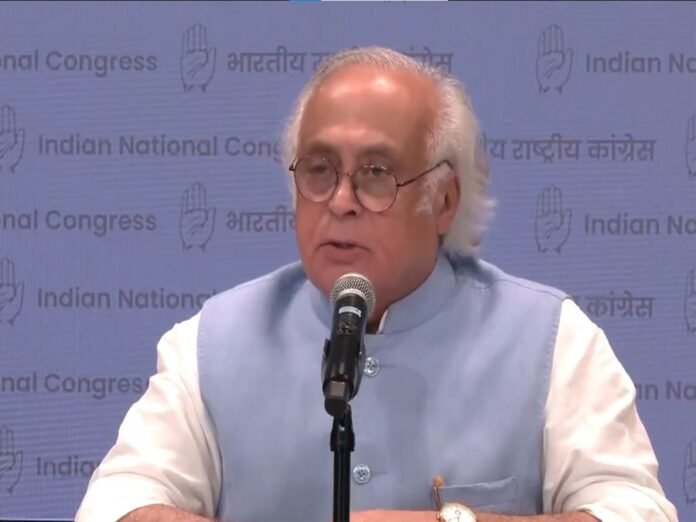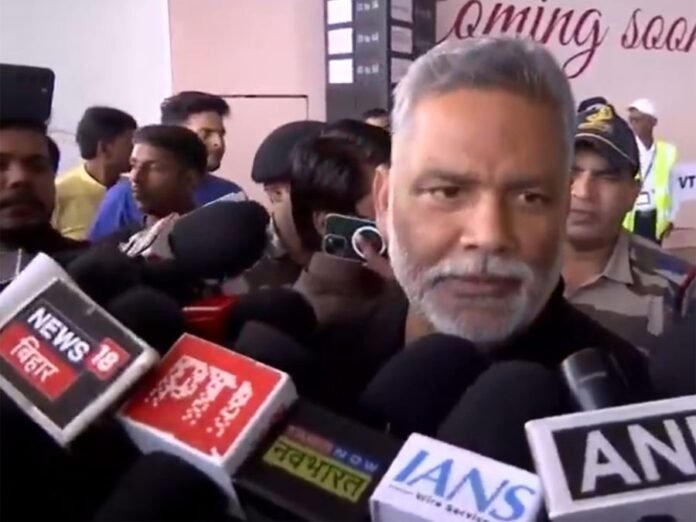On the 20th anniversary of India’s Right to Information Act (RTI), Congress leader Jairam Ramesh highlighted the law’s importance at a press conference in New Delhi. Ramesh said the RTI bill, passed under the Congress‑led United Progressive Alliance (UPA) in 2005, was a “revolutionary” step that set the stage for a decade of transparency and accountability.
“It brought the people’s right to know to the forefront,” he told reporters. “The UPA government didn’t stop there – we introduced several other game‑changing laws in the 2000s and early 2010s.”
Ramesh listed more reforms that the Congress led the country through, including the Rural Employment Act (the MNREGA), the Right to Education Act of 2009, the 2013 Food Security Act, and the recently updated Land Acquisition Act. “All of these laws leaned on the RTI principle,” he added, stressing that a system where officials must answer requests within 30 days boosts public trust.
The law itself, enacted on October 12, 2005, compels government agencies to proactively publish certain information and to release civil‑service records when asked. It has been praised for improving accountability in public offices—from MPs to local councils—and for giving citizens a tool to check how government funds are spent.
Ramesh also raised concerns with the new Personal Data Protection Act (PDPA), saying it could override the very power that the RTI gives ordinary people. “The PDPA could weaken the freedoms that RTI has granted us,” he warned. “RTI is a cornerstone of our open‑government movement.”
The Congress MP’s comments echo a broader debate about how best to balance privacy with public interest. As India passes its third decade of the RTI law, many expect its principles to guide future reforms on transparency and data protection.
Source: aninews
Stay informed on all the latest news, real-time breaking news updates, and follow all the important headlines in world News on Latest NewsX. Follow us on social media Facebook, Twitter(X), Gettr and subscribe our Youtube Channel.



